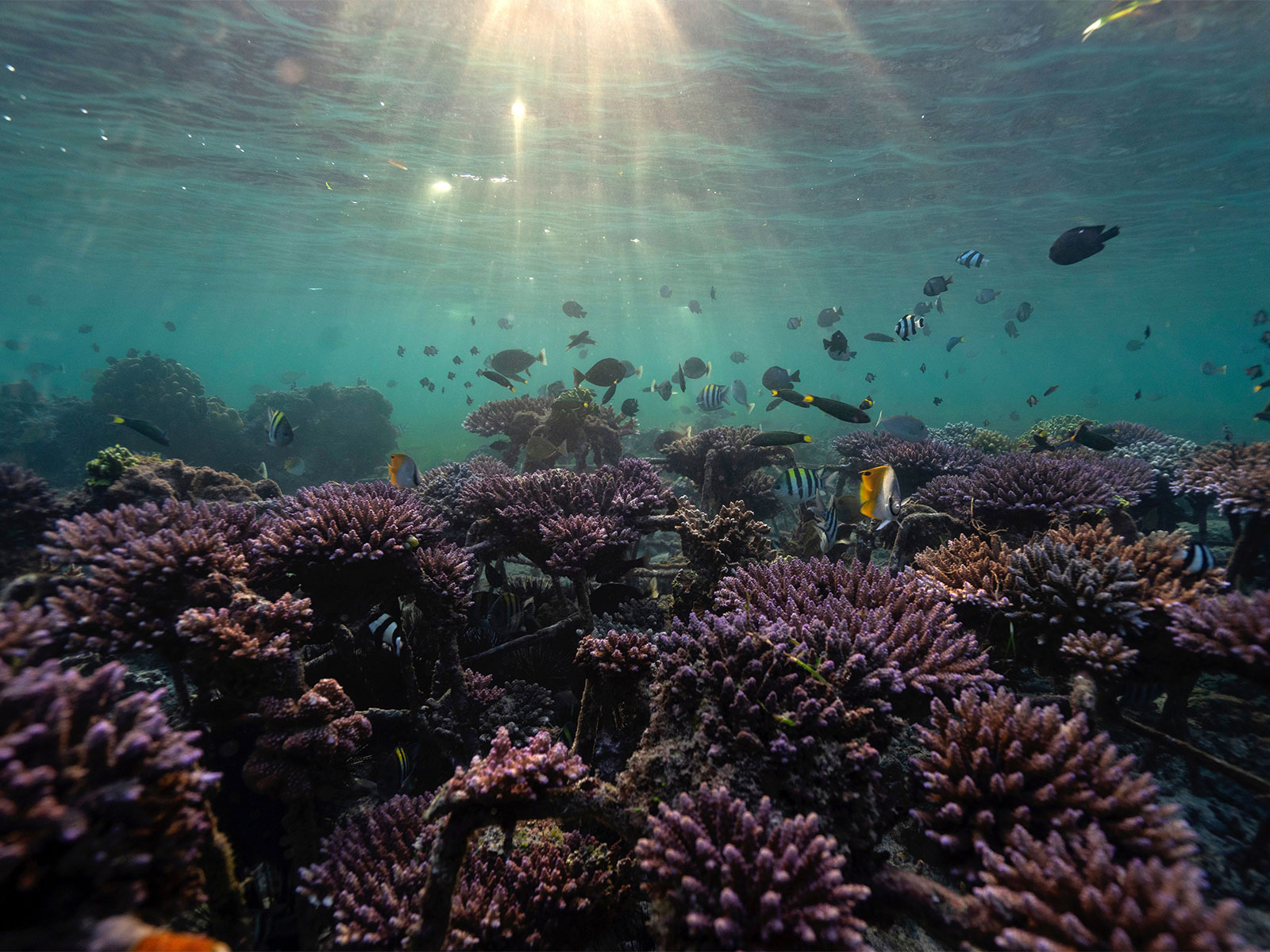Gulf of Eilat Corals Defy Extreme Heat, Offer Hope Amid Global Reef Crisis
A study reveals corals in the Gulf of Eilat have survived four intense marine heatwaves without mass bleaching, showcasing resilience unmatched globally. Despite retaining energy reserves, researchers warn that climate change and local pollution endanger this refuge. Urgent conservation measures are necessary to sustain these vital ecosystems.

- Country:
- Israel
A groundbreaking study has found that corals in Israel's Gulf of Eilat have astonishingly withstood four consecutive and increasing marine heatwaves, resisting mass bleaching even during 2024's record-breaking event. This resilience provides a rare beacon of hope as coral reefs worldwide face existential threats from rising ocean temperatures.
Coral bleaching occurs mainly due to elevated water temperatures, which cause corals to expel the symbiotic algae called zooxanthellae. These algae not only give corals their vibrant hues but also supply them with up to 90% of their energy through photosynthesis. Without these algae, corals appear pale, leading to declines in their health and potentially death.
Led by Na'ama-Rose Kochman and Professor Maoz Fine, the research underscores the Gulf of Aqaba as a critical natural refuge. Despite maintaining energy reserves, researchers caution that increasing climate pressures and local pollution threaten this sanctuary. Coral reefs are crucial for biodiversity, human livelihoods, and natural coastal defenses, but only sustained conservation efforts will preserve their future.










